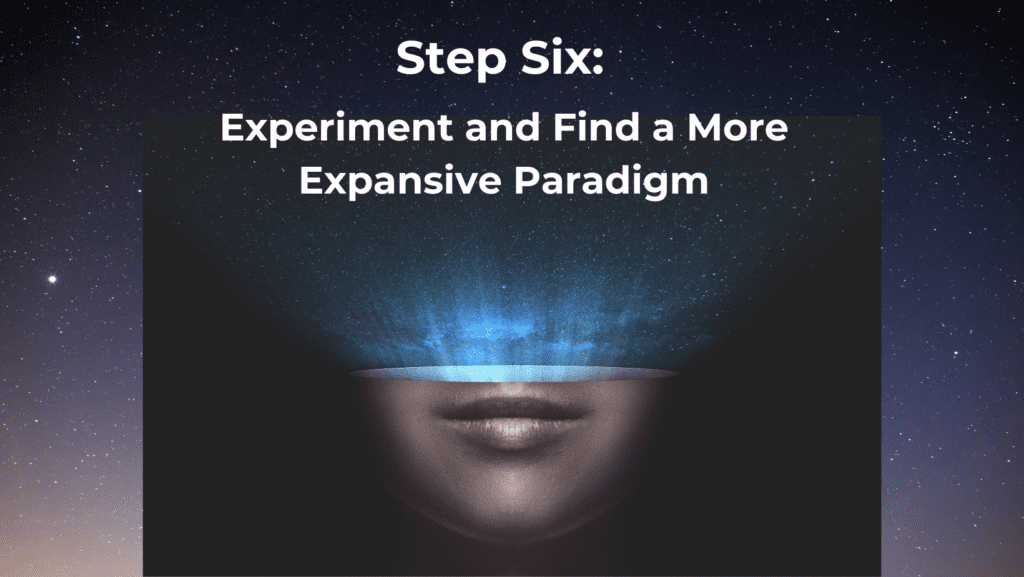
Step Six: Experiment and Find a More Expansive Paradigm
You are now at a point where a shift in your paradigm can occur. To move on, you need to have gratitude for the paradigm you’re releasing. When you’re grateful for something, you smile. When you smile, 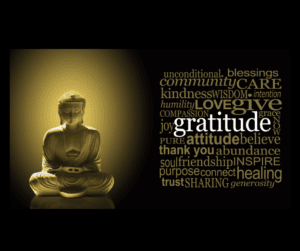
“The way to move out of judgment is to move into gratitude.” ~ Neal Donald Walsh
Two factors prevent transformation:
- Lack of ownership
- Self-judgment/high inner critic
You most likely have a limiting paradigm because your success strategies have been reinforced by justifying them, believing you’re right and everyone else is wrong or having blind spots.
Exploring Alternative Paradigms
Four factors that can ignite a paradigm shift:
- The current paradigm doesn’t work anymore
- General dissatisfaction with life
- The discovery of a better way
- An environment of diversity
Most people don’t choose to change their paradigms mainly because they aren’t aware of them, and they’ve held onto them their entire lives. Plus, they don’t live in an environment conducive to change. As your transformational coach, I hold the setting for change where you can recognize and detach from your paradigm.
Posing specific questions begins the process of examining other paradigms where you are encouraged to become open and curious. You may be offered a different way of looking at things rather than a recommendation. The point is that you will be invited to take a broader view of how things could work differently in your life to give you the desired outcomes.
The Elements of a More Expansive Paradigm
According to Keith Merron, in his book, The Art of Transformational Caching, a more expansive paradigm has the following five characteristics:
- Spacious and expansive: It is, by definition, more holistic. It considers all the relevant variables and seeks to create a win-win-win outcome—I win, you win, we win.
- Generous: It has the feature of being in service to others and the whole system.
- Generative: It tends to help you and the people around you to learn and grow.
- Life-affirming and life-giving: It leaves you more encouraged, vital, and alive.
- Sustainable: It takes into account the long view.
In this framework, 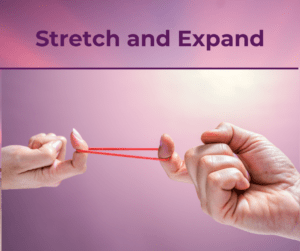
Our Strategies are Self-Sealing
Because your success strategies work in your eyes, releasing them is challenging. You may justify them in various ways, think you’re always right, and find ways to deny they are there. Blind spots are buried deep in your paradigms.
Your personal paradigm is so strong that it causes you to bend the truth to adapt to how you view yourself and the world. You unconsciously pick and choose the indicators to bolster your views and throw out conflicting facts. It is how a blind spot becomes self-sealing.
Methods for Breaking Out of Self-Sealing Paradigms
Three methods that will help you explore, experiment, and break out of your self-sealing paradigms are:
- Through imagination
- Through role-playing
- Through trying it out, experimenting with it
Imagination
You can construct an alternative way of seeing your paradigm using your imagination. What would it look like? What would it feel like? What would it feel like if you were 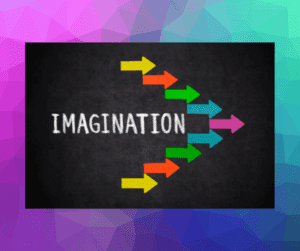
In the safe space of your mind, you can then start to explore what that would look like and find other possible choices. It involves identifying and adopting new assumptions and thinking more broadly.
Essentially, if you want a different outcome in life, it will require different thinking, which results in a change of behavior and produces a new outcome. Through imagination, you can create a fresh paradigm.
Role-Playing
Role-playing encompasses practice, exploration, and deeper learning. Think of it as a form of play and discovery where you can expand your self-awareness and how you relate to the world.
An example might be: “Can you think of anyone in your life with whom you constantly have problematic situations that you would like to examine?” As the coach, I would not perfectly play this person’s role, and I would begin by asking you how you might look to respond differently when provoked by this person.
As the role-playing progresses, there are pauses to reflect and discuss what you noticed about yourself and what you experienced. We would continue to role-play, pausing and reflecting until you feel complete.
Trying it Out
Trying it out or experimenting with it is just that. There are somatic forms, such as dance, movement, and action. An example might be: “Can you ask someone to do something for you instead of you doing it for them?” How do you feel when you think about doing that, and can you do it?
Then, in the next session, discuss what worked and what didn’t work. Experimenting with it starts to stretch you, and the debrief stretches you more.
At this point, you have enough information to begin mapping out a new, authentic paradigm. That process will be explained in the next post.
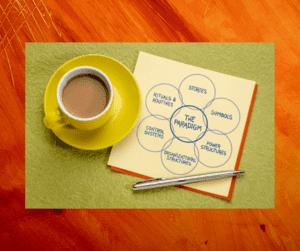
Schedule your free 15-minute discovery session or complimentary 1-hour coaching call with me today!

